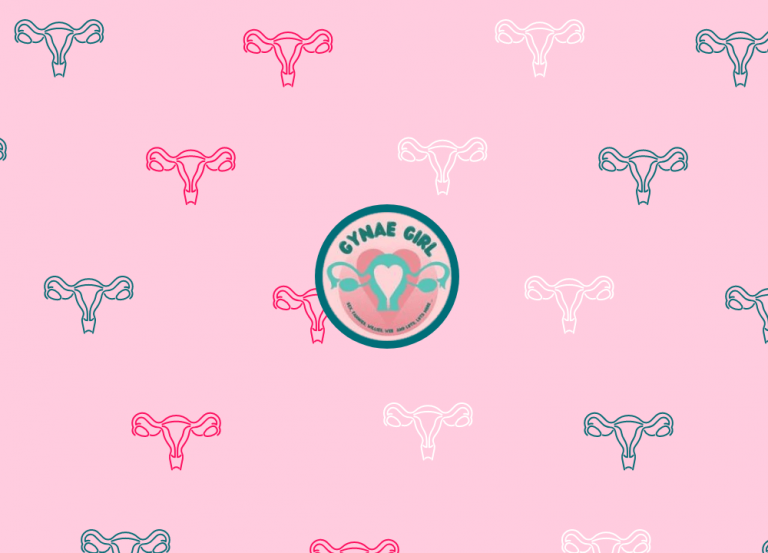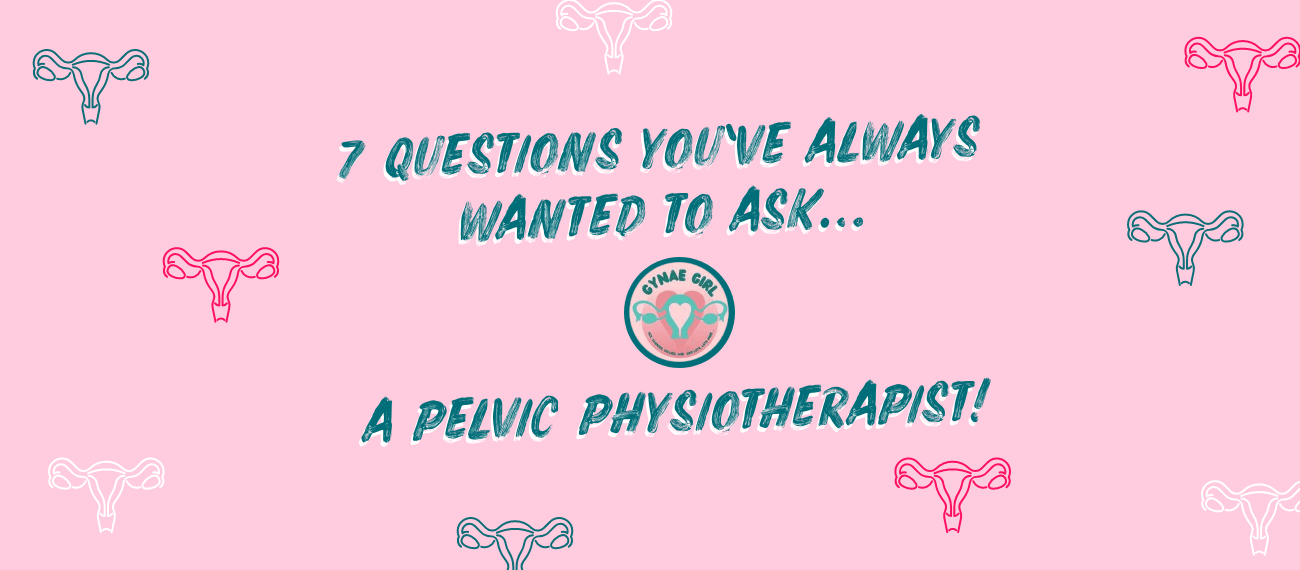Have you ever messaged a sexual health account on Instagram to ask a question about your vagina? If so, you’re not alone. Tiffany Sequeira, a.k.a GynaeGirl, is a pelvic physiotherapist** who also runs an instagram account dedicated to sex, fannies, willies, wee and lots, lots more…
Tiffany wants to empower people to feel comfortable having these conversations with medical professionals in person, but she knows our societal embarrassment about all things sex doesn’t make it easy! ellaOne is all about normalising conversations around sex and contraception, so we were really excited to catch up with Tiffany and ask her 7 questions we’ve always wanted to ask a pelvic physiotherapist.
What are pelvic exercises and why should we do them?
Your pelvic floor is a muscle that starts at your pubic bone, which is the bony bit on the top of your vagina, and goes all the way to your tailbone. It’s like a hammock: it supports a lot of important organs like your bladder and uterus.
When you’re out and need the toilet, the pelvic muscle stops you wetting yourself. It’s also really important for sexual function. There’s a lot of evidence that women with stronger and more functional pelvic floors are more likely to reach orgasm during sex.
Doing pelvic floor exercises is very helpful for post-natal people because it helps to increase the blood flow which can help with healing. It’s also really crucial for posture and core control. It’s a super important muscle and a lot of us neglect it.
To do pelvic exercises, squeeze from your bottom (like you’re trying to stop wind escaping) up to your vagina (like you’re trying to hold in a wee.) It should be one smooth motion from back to front.
The NHS guidelines say everyone should be doing 10 long holds for 10 seconds, which most people can’t reach, and then 10 short pulses three times a day. It sounds like a lot, but the beauty of pelvic floor exercises is you can literally do them anywhere. You don’t need to whip out weights and go in the garden.
How many genitals do you see on a typical day?
If I work from 8:00am to 5:00pm, I normally see about 15 vaginas and 5 penises. We tend to get less men, because I think the stigma for men seeking pelvic advice is worse than for women. The pelvic floor is really important in terms of forming an erection, because it’s where that muscle contracts and releases and helps to encourage blood flow to the penis.
Is there such a thing as a normal vulva?
No, and I wish people knew this! Vulva’s are as individual as the people who have them. I see so many vulvas in my job and it’s really helped me accept that all bodies are different, but most people are not exposed to that. I get a lot of questions about labia sizes and honestly your labia can be any shape or size. They can be short, long or wrinkly, and one can be longer than the other.
A lot of people only see vulvas in porn, where performers often bleach and have no pubes. It’s no wonder that women, especially young women, are so self conscious and have so many concerns around their vaginas.
Is it normal for your vulva to be darker than the rest of your body?
There’s no right way for a vagina to look, but I feel like everyone thinks otherwise. People will pay stupid money for labiaplasties and vaginal lightning and it’s absurd. Bleaching disrupts the natural pH levels, increases your risk of infection and thrush, and can also cause burning.
It shows how much we as a society need to change the way we look and think about our vulvas. It is so normal for your labia to be darker and for the surrounding skin to also get darker. As we go through puberty or pregnancy, it will change colour and it will get darker naturally and gradually.
We also know that women of colour are more likely to have a naturally darker labia. It’s completely normal, but we just don’t see any good representation of this in the media.
What can we do to keep our vaginas healthy?
Get to know your vagina by looking between your legs with a mirror. Any sort of app or diary where you can track your periods, your discharge, and your symptoms can help you know what’s normal for you so if anything changes you’re able to quickly identify it. Doing your pelvic floor exercises and peeing after sex also helps to reduce the risk of UTI.
Do not use anything like vaginal douches, scrubs or deodorants. Literally all you need is warm water. When washing in the shower avoid getting soap anywhere internal. It can disrupt the pH levels and natural microbes, making you more likely to get things like thrush and BV (Bacterial vaginosis).
We’ve been hearing a lot about people steaming their vaginas recently, but is it really a good idea?
Steaming is where people squat over a bowl of steam with lots of herbs. The idea is that it’s meant to help with healing. It’s ridiculous. It can disrupt your moisture barrier and it puts you at risk of so many infections. It can burn as well. It really is not needed. Save your money and do something else. Just leave your vagina alone. People just love to make money by making women panic about their vaginas.
Have you ever taken the morning after pill?
I have and every time I’ve been so embarrassed, even though I know it’s so normal for accidents to happen. That stigma can really stop you from seeking the appropriate medical help.
When I was a lot younger, I personally found the pharmacist’s questioning uncomfortable. You’re trying to be good. You’re taking advantage of your sexual health. You’re in control. You’re doing the right thing. But sometimes I feel like you’ve got to lie about the reason you’re buying it and make up a long excuse when actually accidents just happen. I feel like pharmacies are always dead quiet as well, which never helps. It’s never like when you’re going into Topshop. It’s always old people in a queue behind you as well.
The second time I took it, my boyfriend at the time was a doctor as well. So you’d think it would be absolutely fine, nice and chilled, but he was embarrassed to go in! It was like “no you ask”. We kind of kept going back and forth. We both work in medicine, and we both work in a hospital. But it was just the stigma.
Just to normalise it and make people realise that it’s as normal as going to the shop and buying tampons. We shouldn’t feel embarrassed about taking control of our pelvic health. And we’re in such a privileged position that we’ve got access to this medication. We really should feel empowered to go and seek help when needed.
—
We hope you’ve learned as much from this article as we have! Give Tiffany’s account a follow for fun, information and stigma-smashing content.
Despite more honest and open conversations about sex across the media and wider society, there is still a lingering stigma that can make people feel embarrassed to ask for help. Whether it be questions about your vagina or purchasing the morning after pill, we want to help you feel empowered to take control and make informed decisions. Who would you like us to talk to next? Let us know @ellaOneUk
By: Sophia Moss
**The healthcare professionals in this article do not endorse any products or brands.
ellaOne® 30mg film-coated tablet contains ulipristal acetate and is indicated for emergency contraception within 120 hours (5 days) of unprotected sex or contraceptive failure. Always read the label.







